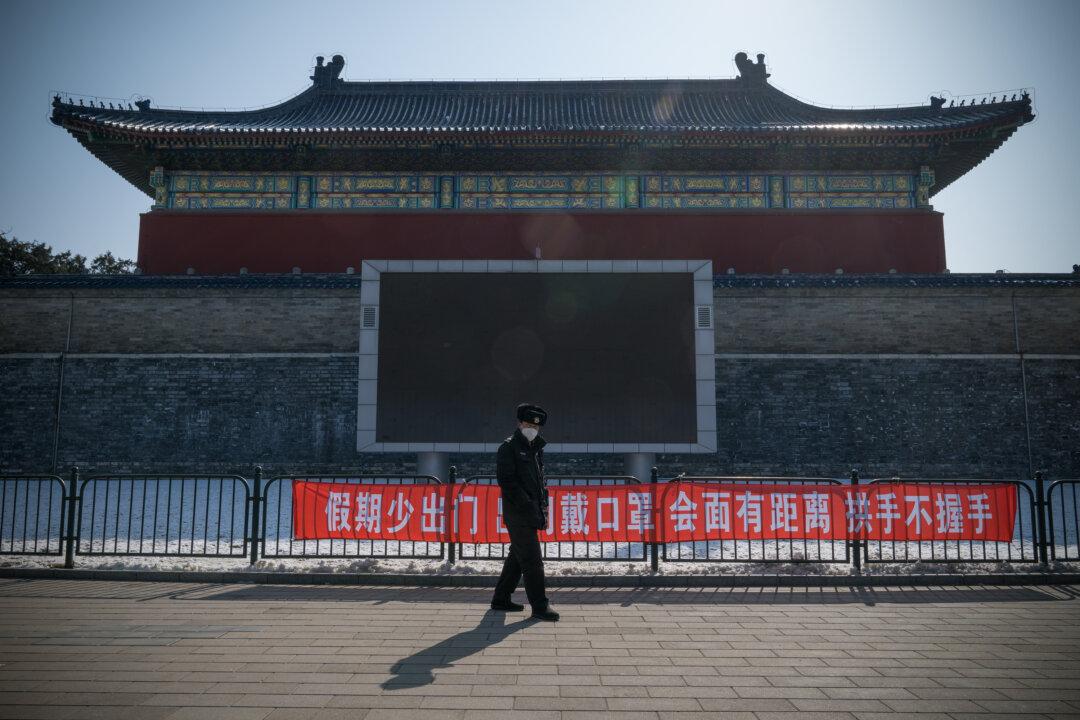The Chinese regime has deployed its gargantuan propaganda machine to boost its leadership in its “all-out war” against the coronavirus outbreak. But its efforts do not appear to be winning the hearts and minds of its citizens.
Campaigns by Chinese state-run media to promote ‘positive’ propaganda on its outbreak containment efforts have spurred fiery backlash online, while those living under lockdown in regions hit hard by the virus have consistently vented their frustrations online—in posts which are often later scrubbed by China’s internet censors.





